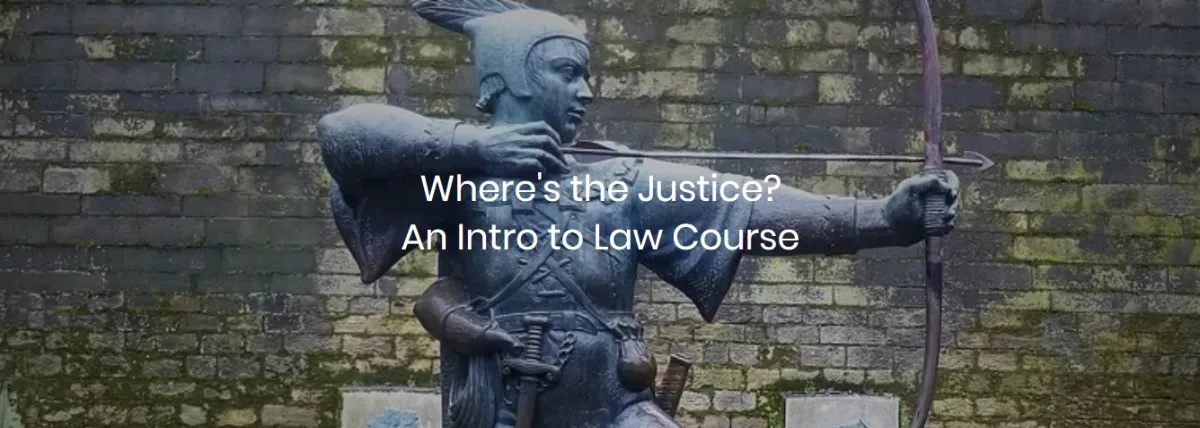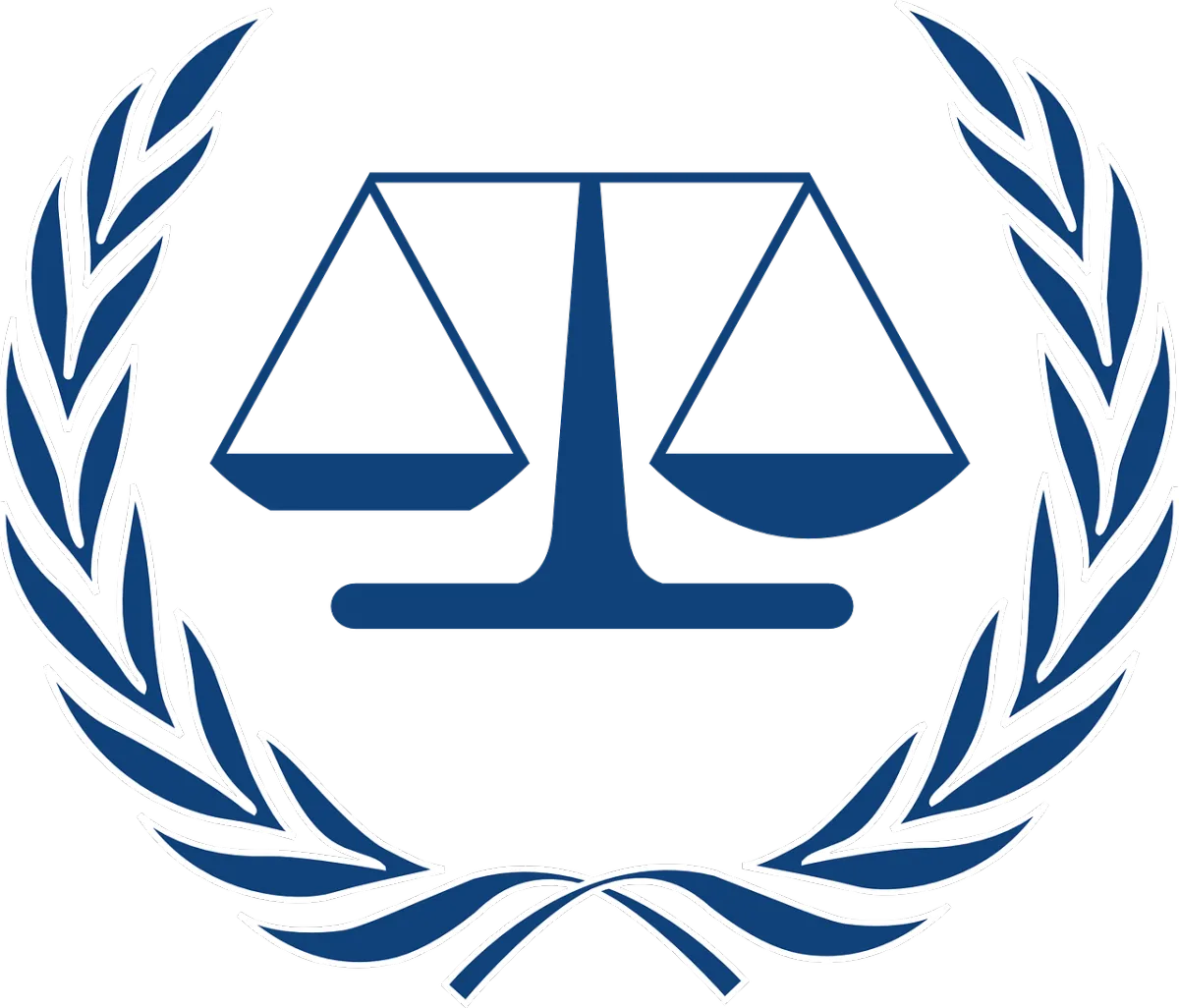
A comprehensive look at the origins and evolution of common law- learn varying forms of government established in history and identify what roles man has played when “…repeated injuries and usurpations” are the norm vs. the exception.
Self-paced FLEX
Ages: 13-17
Cost: $169 total
$13/ class per learner
No set meeting time
All Access Premium Membership
Access to all FLEX Classroom Content!
Cost: $59/ month- cancel anytime
You learn at your own pace!
Homework Discussion via Email Included!
First Week FREE
Teacher's Corner
COMPLETE PPTs, Teacher's Guide/ Syllabus & Flex Lecture Videos
Cost: $99
You take the drivers seat!
This was an excellent and well put together class. The book chosen was so enlightening. Not only did my son learn a lot but I did as well by reading the book myself! At 48 years old, I learned stuff never taught to me in public school. I feel a huge gratitude towards Jamie for putting this class together. This should be a mandatory class for ALL middle and high schoolers! - Kimberly B.
Join me on this semester journey of understanding the origins of Common Law, the varying forms of government established in history and identifying what roles man has played when “…repeated injuries and usurpations” are the norm vs. the exception. In the texts, Whatever Happened to Justice? By Richard Maybury and Frederick Bastiat's The Law, I have found great resources in explaining much of this relationship between man, law, government and economics in an understandable level for young adults.
Each week students are given a weekly reading assignment, video with multi-media presentation, discussion/ essay questions, and supplemental video/ article links for enrichment through the course syllabus. Students are expected to read the assigned articles/chapters, engage in active discussion with others and complete two presentations. This course is mixed content- texts: Whatever Happened to Justice? by Richard Maybury and Frederick Bastiat's The Law, additional current event articles and video will be integrated throughout.
We will be discussing the following principles of law, definitions, terms, and forms of government-
Week One: Author Viewpoints/ Beliefs, Worldviews: Statism vs. Juris Naturalism, Higher Law; Old Common Law, Economics, Law, Politics, Government, Founding Fathers: Washington, Jefferson, Madison, Hamilton, Franklin, Bill of Rights
Week Two: Scientific vs. Political Law; English Common Law: Feudal Governments, Precedents, Case Law, Restitution, Outlawry, Wergild, Contract Law, Criminal/ Torte Law, Natural Law
Week Three: Statesman, Separation of Church and State, Origin of Rights: Redistribution of Wealth, Legalized Plunder, Voluntary Charity vs. Welfare/ Subsidy State, Incentive, Profit Motive, Principles of Self-Reliance, Totalitarianism, Left and Right Sides of Government; Socialism; Forms of Government: Despotism, Totalitarianism, Aristocracy, Republic, Democracy
Week Four: Customs become Law; Logic, Force, Laws of Morality; Ambient Encroachment; Contracts: Tacit, Fraud, Agreement, Economic Calculation, Free Trade, NAFTA
Week Five: Rightful Liberty, Protection of Personal Property, Government Controls Against: Force, Fraud, Monopoly, Debauchery, Laws of Economic Freedom; Third Party Purchases; Invisible Hand of Free Markets, Specialization of Trade
Week Six: Government vs. Politics; Divine Mandate and Divine Right of Kings; Republic vs. Democracy; Political Law; Citizens: Rights and Responsibilities; Natural Rights: Negative vs. Positive
Week Seven: Political Law Implications; Imperfections of Common Law, Courts of Equity, Star Chamber, Trial by Combat, Liberties vs. Permission, Magna Carta: Personal & Digital Rights
Week Eight: Right-to-Life, Nuremburg Trials, Democracy: Dangers of Majority Rule, Shay’s Rebellion, Federal Government & Constitution of United States: Protecting Liberty
Week Nine: Liberals vs. Conservatives, Political Power vs. Corporate Influence; Alexander Solzhenitsyn: Russian Dissident on Media; Role of Peace & Police Officers, Power-seekers Priorities; Sources and Laws of Civic Power: Tiananmen Square; Language of the Unheard: Riots, Social Injustice, Civil Rights
Week Ten: Latin American Revolution: Simon Bolivar, Abundance of Savings/ Seed Corn; Capital Gains & Inheritance Tax, Federal Debt to GDP; Origin of Government: Tribute, Feudalism; Social Contract
Week Eleven: Checks and Balances; Public vs. Private Sector Employment & Kahoot Review
Week Twelve: Unsolved Problems: Risk, Capital Punishment, Environmental Sustainability, Drugs, War, Irredentism, Poverty, Capital Flight, Consumer Protection
Week Thirteen: Final Presentations

About
Understanding the histories of civilizations, origins of law and our modern evolving social contract with government has always held my interest- especially in today’s shifting environment of political law. As such, I have continued to pursue a liberal arts classical education post under-grad. I fully agree with Abraham Lincoln when he said, “Let reverence for the laws be breathed by every American mother to the lisping babe that prattles on her lap. Let it be taught in the schools, in seminaries, and in colleges. Let it be written in primers, spelling books and in almanacs. Let it be preached from the pulpit, proclaimed in legislative halls, and enforced in courts of justice.” I love Richard Maybury's ability to share the evolution and application of law in an easy to understand format - especially its applicability today for our upcoming generations of leaders! By integrating multimedia Power Point, current event articles and reflective application questions, I know visual learners will more easily understand and evaluate their place in our fluctuating social contract and the role government plays in its success.
Please note that we discuss the social injustice of racism and discrimination in this study of law as it continues to be a part of our human story. From military dictators and monarchies to republics, each form of government can create or prevent legislation for social equality- those whom are elected into public office should reflect private as well as public virtue. With the creation of the US Constitution and subsequent republics formed around the world, we have seen HUGE leaps of progress in creating social equality for all- in quoting the words of John Locke- "Where-ever the law ends, tyranny begins." The social contract between government and man continues to be developed and improved where laws can be passed which sustain an economically stable environment to provide equal opportunity for all regardless of nationality, ethnicity or culture.
©2024 by ThrowinMarshmallows
